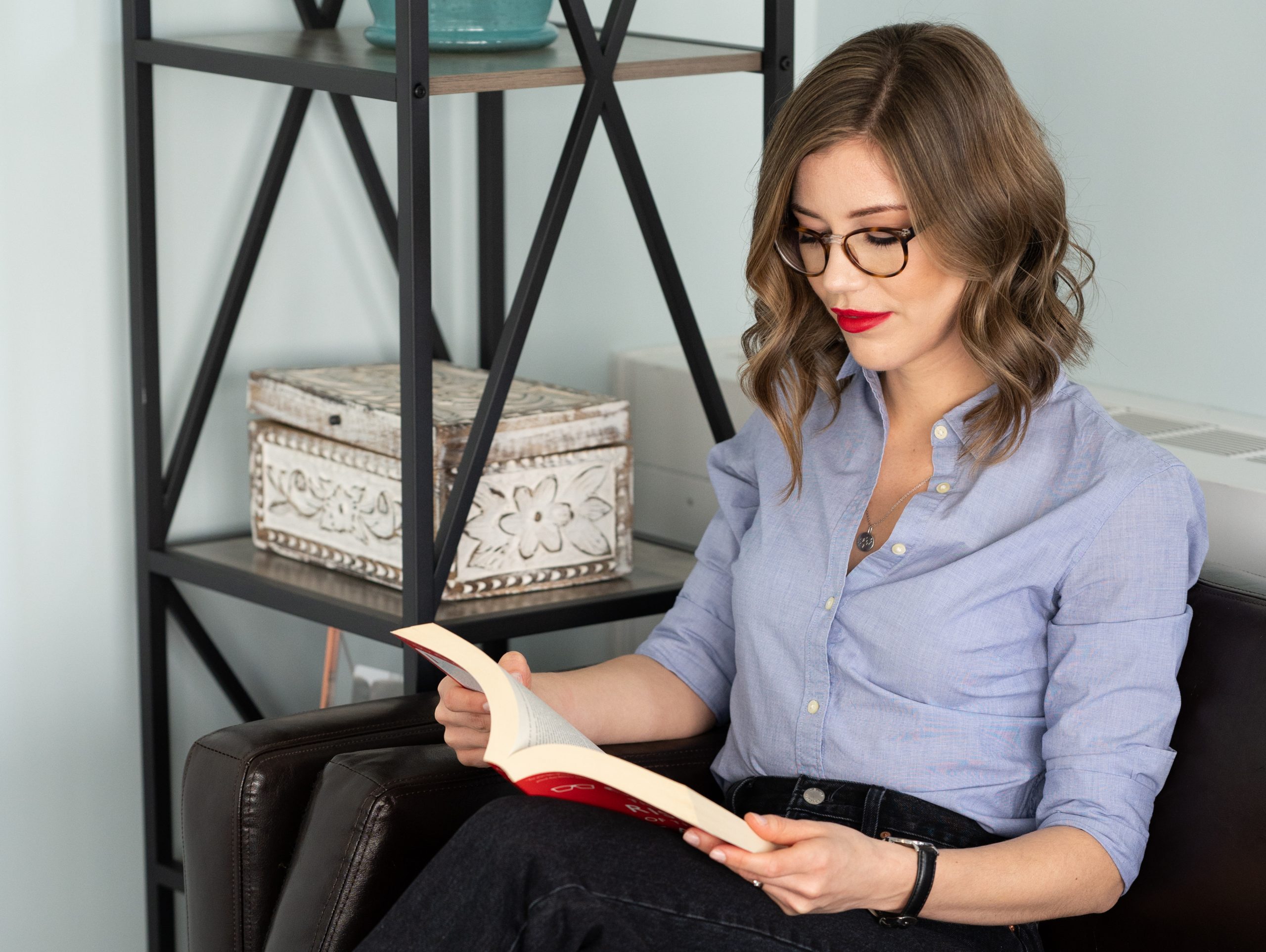Whether you’re a seasoned voice over artist or new to the voice acting experience, it will benefit you to expand your monologue repertoire.
In this article
You might need to add a comedic piece. Maybe a serious monologue with notes of bravery or angst is what you need to spruce up your audition reel. Whatever it may be, working voice actors tailor their monologues to match the types of characters they want to portray.
There are several good reasons for this:
- Casting directors may have already heard your ‘go-to’ audition tape with the same monologue and want to hear something new.
- The latest role you’re auditioning for has a different tone or nuance that requires a distinct monologue direction away from your tried-and-true choice.
- It’s critical to your career that you continually strive to learn and evolve.
In this article on how to pick the perfect monologue for auditions, we’ll cover:
- What to look for in good acting monologues
- Where to look for good acting monologues
What to Look For in Good Acting Monologues
Consider several factors when thinking about a new monologue for auditions. An optimal monologue features strong character choices with present tense verbs that quickly get to the heart of the matter. It also requires finding ones that connect with you emotionally the first time you read it.
- KISS – Keep it simple and short. Casting directors often make their choices about your potential within the first 15 seconds, so make sure you hit them right away with impactful content that shows a range of emotions. Then, wrap it up quickly. Hopefully, they’ll want to hear more from you later.
- Stay present – Audiences (even if it’s just one or two people around a table) want to listen to the character’s approach when attacking a problem or meeting a challenge in the here and now.
- Match the monologue for auditions to the intended role – Attempt to come as close as possible to the character type a casting director is looking for. Your chances improve because they will hear that you’ve done this type of character before.
- Experiment with many, but only use your best – It’s important to try as many different monologues as you can while you prepare to record something. But when you decide to hit the red button for real, use the one (or two) that you know are your absolute best from a voice talent standpoint.
- Love the material – Listeners can immediately tell when voice-over artists connect emotionally with their material. As you read more and newer monologues, choose ones you are strongly attracted to from the outset. Use those gut instincts because you will find it much easier to perform those well over any monologue where you must engineer emotion.
- Combine tragedy and comedy – The best comedies have moments of seriousness, and the best dramas have a tinge of humor spread throughout. Your acting monologue should, too. If you can get your audience laughing and then hit them with a sudden turn of emotion, you’ll reel them in every time. The same is true of the opposite (tragic first, a light note later).
- Find a mini-arc – The best monologues for voice-over talent take their audience on an artful journey, even if it’s only for 60 seconds. Find ones with twists and turns in the story, emotion, and a final resolution.
Numerous books, plays, and websites offer acting monologues of various types for voice-over talent. Be prepared to browse through many of them to find your right monologue for auditions.
Local libraries can be more beneficial than you might think. They often contain a wealth of good audition material on the drama shelves. You can ask your librarian to find one, or they will search the databases for other libraries to find you a copy to borrow.
Where to Look For Good Acting Monologues
- Look for award winners – The theater and film communities give out awards each year, such as the Oscars, Golden Globes, Tonys, and Screen Actors Guild prizes. But there are several others, including the Obie and Drama Desk awards. Find what won writing awards and who won acting prizes over the past four or five years, and you’ll discover several notable monologues.
- Look through used bookstores – Many published plays that had limited runs can be found in the bargain bins or back shelves of used bookstores. You might find a jewel of a monologue, and it is likely one that hasn’t been performed as often as something from ‘Death of a Salesman’ or ‘Richard III.’
- Look to the reference desk – Librarians enjoy the book equivalent of an archeological challenge. And unearthing play, television, or movie scripts with exciting monologues is a challenge. Librarians will help you search for any kind of drama or comedy script you can think of.

Conclusion
Many voice over artists rely on monologues they have performed successfully in the past. They may have even been booked for voice over work because of them.
However, voice over talent should occasionally update their monologues for various reasons.
For example, today’s casting directors are looking for more natural and conversational approaches to their material. They want to see if you as a voice over artist can convey that ability through your monologue choice.
They want to hear voice actors who choose a strong character that displays a variety of emotions in a short timeframe. Likewise, voice over talent should choose a monologue that expresses the correct history and demographic they’re expecting for each available job. And they want to hear if your personality shines through the performance.
Although it may not always be an easy task, picking the right voice over monologue for your audition is a vital one. It will often mean the difference between a steady and sporadic income as a voice actor.
We hope these tips send you well on your way to finding the perfect monologue choice.
Want to learn how to perfect your voice over audition at Voices? Read Art of Audition for some useful tips!

Leave a Reply